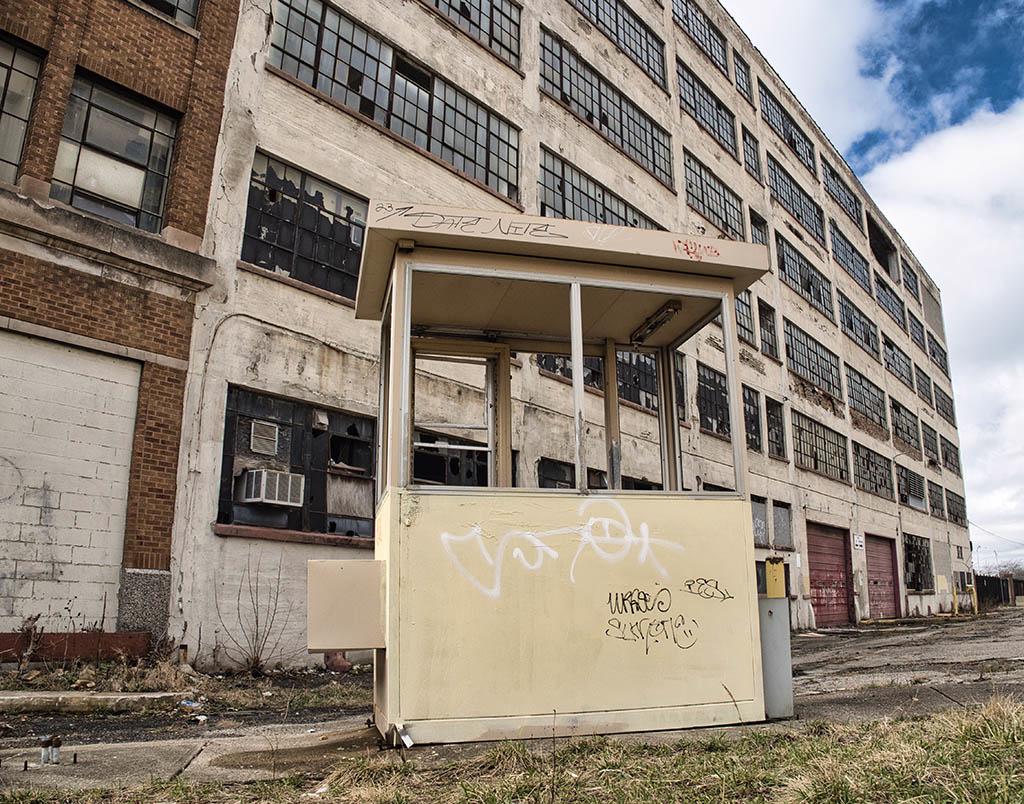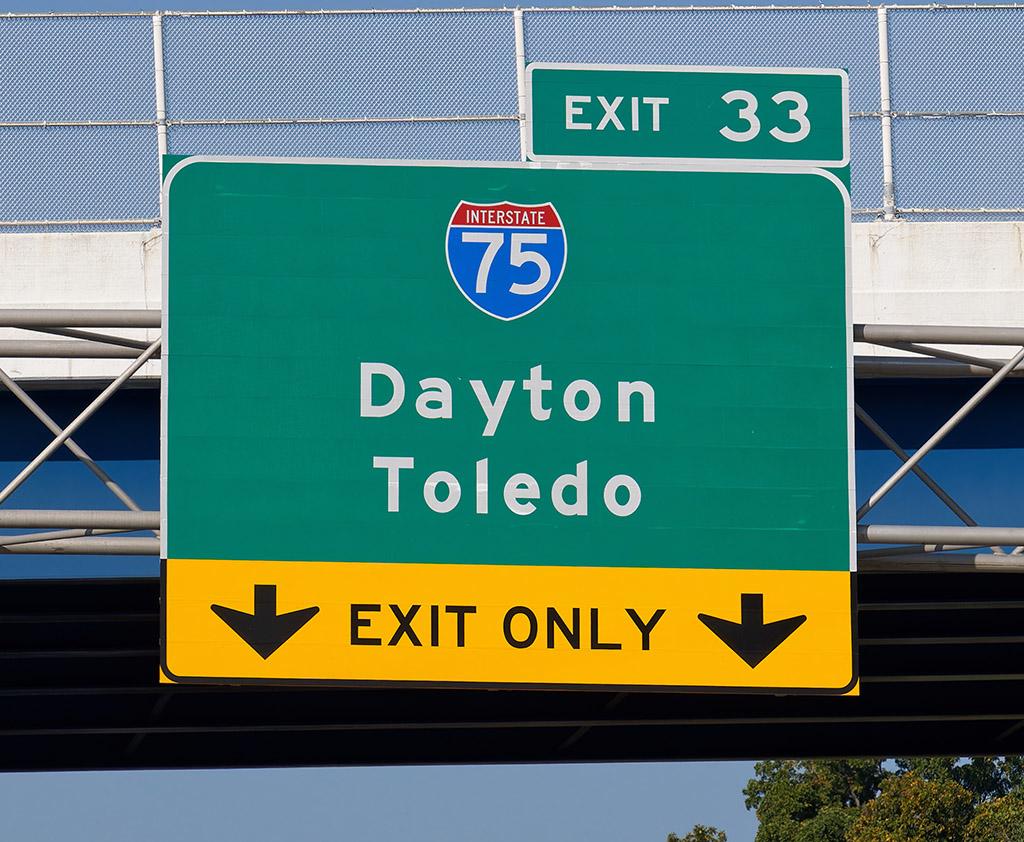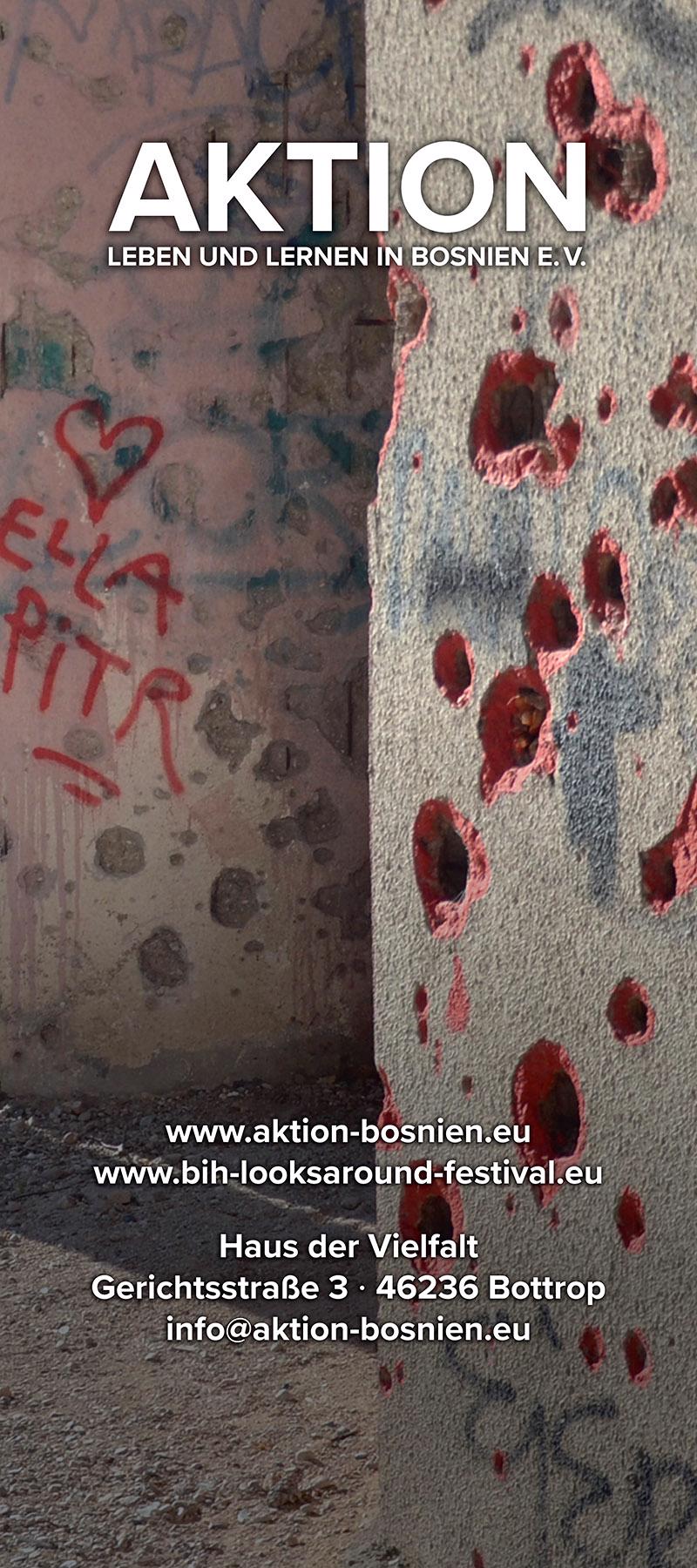DRAWING CONCLUSIONS FROM WHAT ALREADY EXISTS
The fact that ethnicities, mentalities and their striving for cultural and religious homogeneity were and are often overestimated in historical retrospectives says more about those looking back than about their objects of research. The simple reference to purely ethnic or religious causes of the Bosnian war is not very plausible in view of the decades before 1990. Surveys conducted well into the 1980s consistently showed that ethnicity was neither the only nor the most important basis of personal identity for the majority of Yugoslavs. Religious affiliation also played a secondary role at best. The fact that Catholic Croats, Orthodox Serbs and Bosniak Muslims were able to live together very well in the multi-ethnic state after the Second World War, for example as married couples and parents, almost became a "figurehead" of Bosnia-Herzegovina. The fact that this part of the country had the reputation of being the whole of Yugoslavia in miniature tended to increase self-esteem and a certain pride.
Many of the initiators, contributors, competition participants and visitors to BIHLAFF know this feeling from their own experience or as a lingering story from their environment. This continues to encourage everyone to enable a peaceful polyphony of artistic and political positions, at least within the framework of our festival, and to make opposites fruitful. Especially those that bring together actors of all the national and ethnic provenances mentioned here under the common umbrella of film ideas, projects and productions. There can never be enough places to strengthen and bring together these like-minded people.
Even many films whose plots are not explicitly about the Bosnian war are implicitly all the more about it. They are about the long-term consequences of a brutal war between neighbours who not only knew each other before the war – and got to know each other again during the war – but who still meet today. And know where they live. That their children have made a career for themselves. That the war had hardly any consequences for some of them, despite their known perpetration, apart from perhaps moving to another part of the city. For the others, the victims, the trauma is renewed every time they see the perpetrators. The absurdity of this situation ultimately becomes a trauma in itself.
At the same time, there are films from the Western Balkans that fail on the film market and in terms of funding because they do not fulfil the expectations of "films about war". Even though they have the artistic potential of early or debut works by later film icons. Our festival expressly aims to break through blockades here. This has also been evident in some of the award winners of recent years.





















